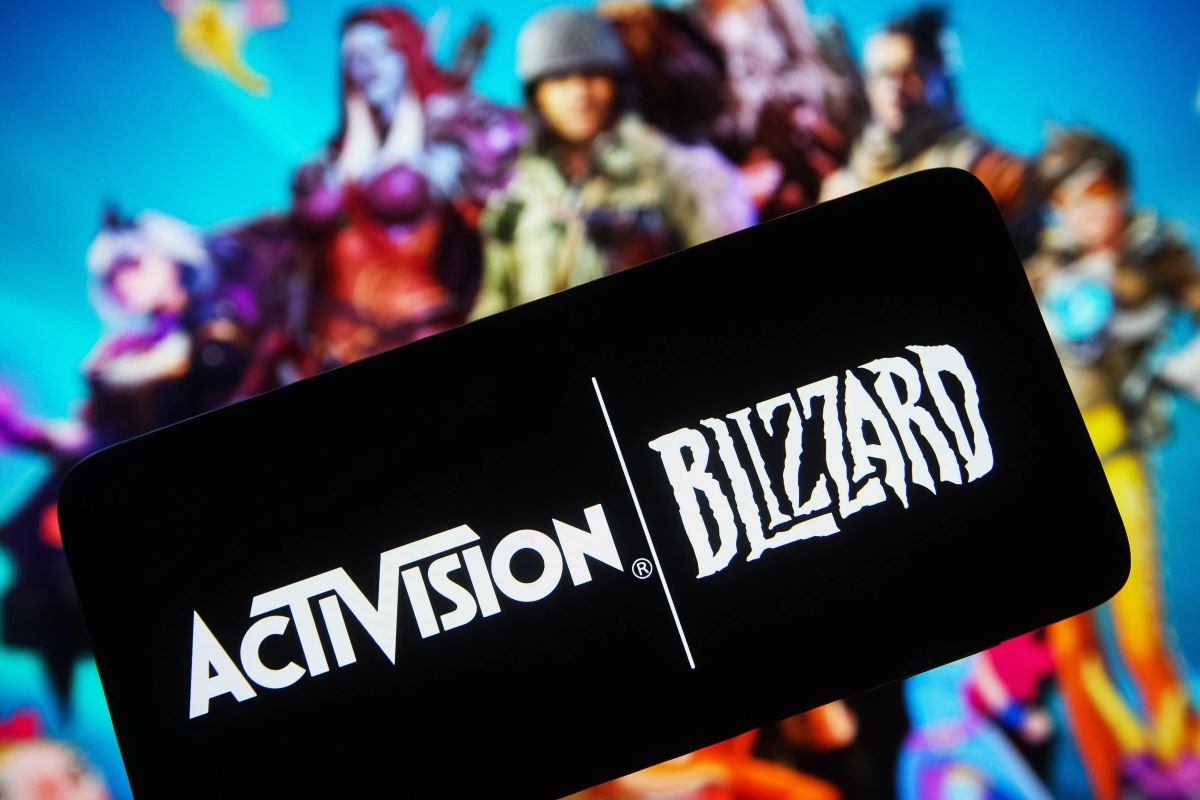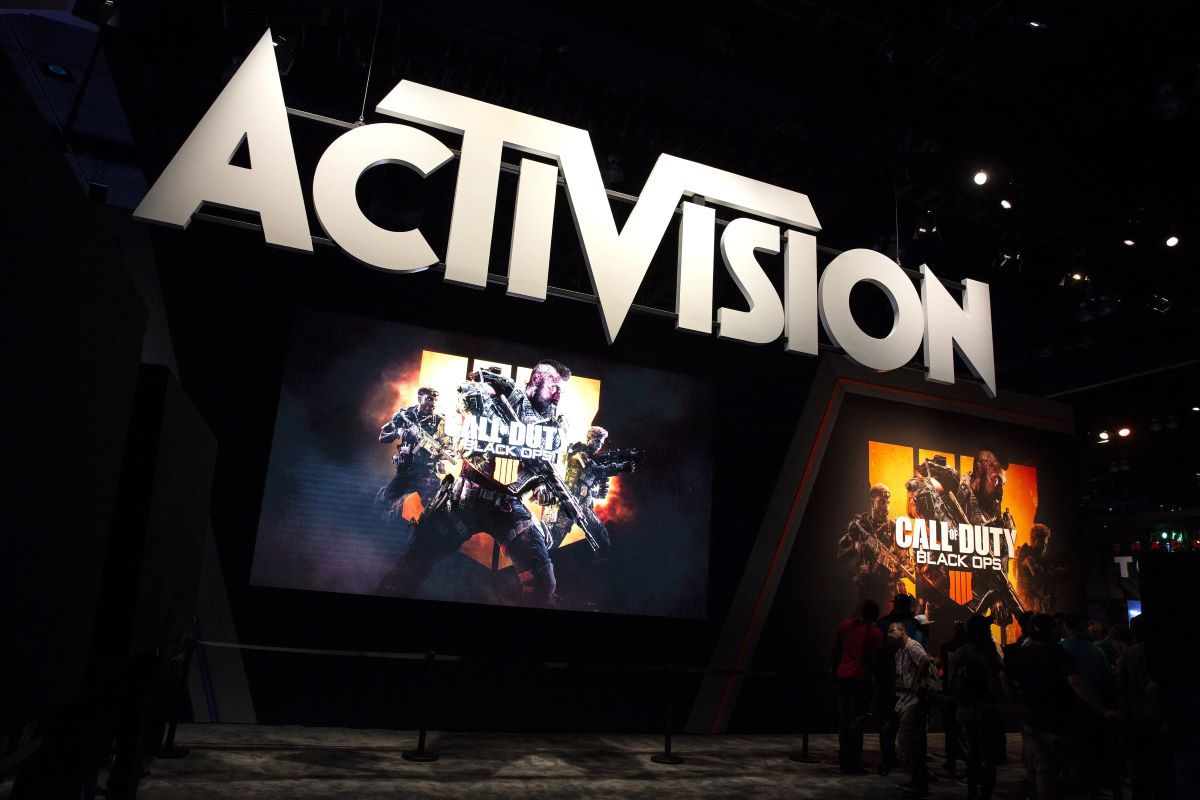The US Department of Justice is filing a lawsuit against Activision Blizzard, alleging that the publisher implemented an anti-competitive soft salary cap for players in its Call of Duty and Overwatch esports leagues. Activision Blizzard has agreed to settle the lawsuit.
The complaint outlines a system known as the Competitive Balance Tax, which was applied if a franchised team exceeded a salary limit imposed by Activision Blizzard.
Teams that exceeded this limit faced fines, with the collected fees redistributed to the other teams that stayed within the limit.
The intended purpose of the Competitive Balance Tax was to prevent wealthier teams from attracting top talent by offering excessively high salaries. However, it appears that the tax was used in practice to lower wages for all players.
According to the filing:
Teams acknowledged that their spending on player salaries would have been higher if not for the Competitive Balance Tax. The Tax reduced the likelihood of one team significantly outbidding another for a player.
Instead of just affecting the highest-paid players, the Tax also reduced wages for all players on a team. For instance, if a team wished to offer a large salary to one player, it would need to lower the salaries of the other players to avoid the Tax.

Teams also recognized that the Tax encouraged their competitors to restrict player compensation similarly, thereby intensifying the Tax’s anti-competitive effects.
The DOJ’s press release includes the terms of the settlement’s consent decree, which would prevent Activision Blizzard from imposing any form of tax or salary cap in the future.
Activision Blizzard had already discontinued the tax prior to this settlement. In 2021, the company ended the practice during an ongoing Department of Justice investigation.
Joe Christinat, a spokesperson for Activision Blizzard, responded to the suit in an email to The Verge:
“We have always maintained, and continue to maintain, that the Competitive Balance Tax was lawful and did not negatively affect player salaries. The tax was never implemented, and the leagues voluntarily removed it from our rules in 2021.”
In 2022, Jacob Wolf reported that settlement negotiations between Activision Blizzard and the DOJ had stalled.
With the current lawsuit and Activision Blizzard’s subsequent settlement, it appears that the publisher aims to avoid complications related to its pending acquisition by Microsoft, which is already facing scrutiny over accusations of anti-competitive practices.







Leave a Reply